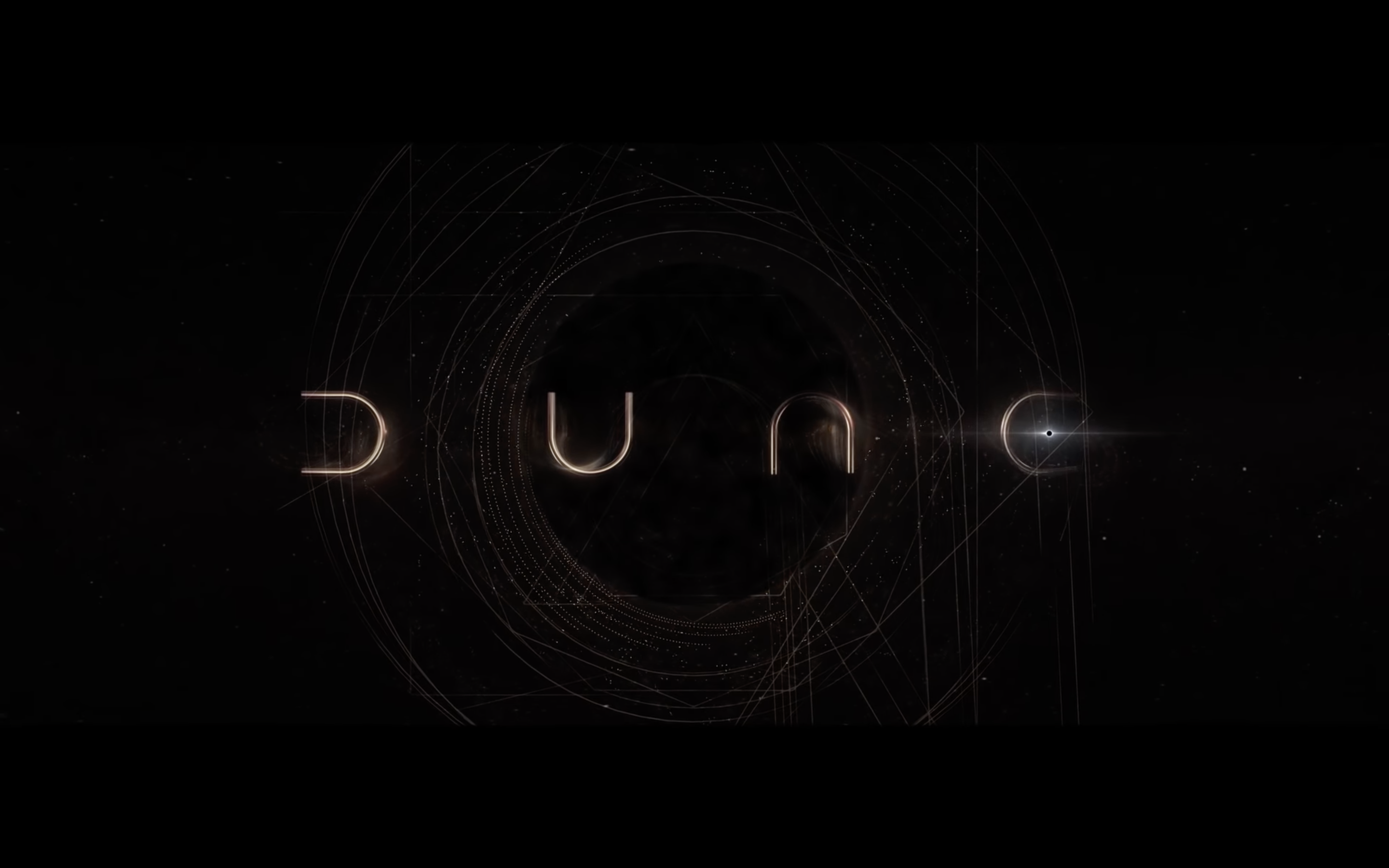The Sound of Science Fiction: Hans Zimmer’s Dune Soundtrack

Ella Buckley reviews Hans Zimmer’s Dune soundtrack.
The much-awaited remake of Frank Herbert’s space opera classic Dune has bought vast audiences to cinemas following many delays and setbacks to the film’s release due to the pandemic. With buzz surrounding its star-studded cast and the excitement of Denis Villeneuve reviving the epic sci-fi story, following the failure of David Lynch’s 1984 adaptation, it is the director’s second film with acclaimed film composer Hans Zimmer.
breaking away from the conventions of previous space films
Zimmer is a 10 times Oscar nominee and the winner of one Academy Award for his soundtrack to The Lion King (1994). He is well known for his long-standing relationship with director Christopher Nolan on the scores of Inception (2010) and Interstellar (2014) but declined working on the directors most recent release Tenet (2020) due to being offered the score of Dune, as both Zimmer and Villeneuve grew up as big fans of Herbert’s tomes. Already, due to the sheer extent of Zimmer’s work for Dune, there is speculation the score may be his second Oscar win.
Zimmer and Villeneuve previously worked together on Blade Runner 2049 (2017), which bought the classic 80s sci-fi adaptation to a new modern audience. Written in the late 1960s but set twenty thousand years into the future, Zimmer created the soundtrack of Dune to reflect the vast worldbuilding of Villeneuve’s vision of the desert planet of Arrakis by using new sound technology and breaking away from the conventions of previous space films such as Star Wars.
Dune has been regarded as Zimmer’s most experimental score. The distorted, electronic sounds aim to reflect future advancements in technology, where sounds and instruments are sure to change. Using an upgraded Cubase specifically for the film and new surround sound technology from Dolby Atmos, the soundtrack creates a deeply immersive otherworldliness, uncanniness the likes of which Dune thrives upon, yet realises perfectly to galvanise the viewer inside the world. Many of the sounds used aren’t easily identifiable as Zimmer found ways to hide instruments by superimposing them with the sounds of other instruments, such as the sound of Bagpipes in ‘House of Atredies’ paired with Electric Guitar.
One of the only recognizable sounds within scores such as ‘Paul’s Dream’ is the electrifying voices of the female singers Zimmer uses as a motif throughout multiple songs of the soundtrack, reflecting the power female characters in the story, such as Rebecca Ferguson as the Lady Jessica of the ruling house Atredies, Freman Chani (Zendaya) or the ecologist Liet Kynes played by Sharon Duncan Brewster, gender swapping Herbert’s character, creating another strong female integral to the films narrative.
The score breaks away from conventional sound effects and instruments used in the musical scores of sci-fi films, Zimmer telling Entertainment Weekly, “Whenever I see a science-fiction movie or anything that’s set in the future or in a galaxy far, far away, it doesn’t matter how beautiful and how brilliant the music is written, it’s still like, ‘here come the strings. Here comes the French horn’.” Listening to Zimmers soundtrack, especially in the immersive surround sound of a cinema screening, Dune sounded nothing like previous sci-fi films, even regarding sound design, which Zimmer also contributed to. Instead of creating voices like the electronic, tinny sound of Darth Vader, multiple voices were used to create the mystical ‘voice’ of the witch-like Bene Gesserit controlling their powers in Dune. The sound of the sandworms in Dune was created using hydrophones, designed for recording sound in the ocean, by burying them in sand to show the power of the worms through their sonic power, reflecting their sensitivity to sound.
The sheer extent of Zimmers powerful work extends to how much music has been created for the film – Dune has three soundtracks for the first film, with Zimmer already having begun composing the second film’s score. The three soundtracks include the Motion Picture Soundtrack, an extended version designed for Dolby Atmos Music sound systems, and the ‘Art and Soul of Dune’ soundtrack, which accompanies a book about the making of the film. The hours and variety of Zimmers score and the scope it covers invites immersion into the large expanses of Dune’s worldbuilding and the enveloping surround sound of a cinema viewing experience that brings Villeneuve’s adaptation to life, but not without the experience of listening to Hans Zimmer’s extraordinary score.


